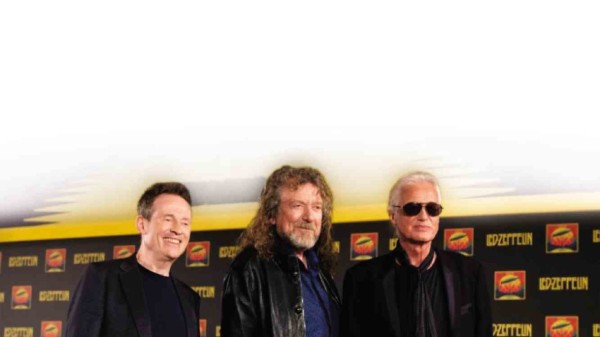What constitutes musical plagiarism
Recent news about Led Zeppelin’s being accused of cribbing parts of its hit song, “Stairway to Heaven,” from the Spirit band’s “Taurus” has made music buffs intensely curious about what constitutes “provable” musical plagiarism.
Even if the case against Led Zeppelin was eventually dropped, curiosity remains high, especially with other song writers who feel the need to protect themselves “in advance,” should somebody accuse them of plagiarism.
Some useful consideration to keep in mind, according to legal eagles who are also musically plugged-in: Copying can be detected and/or proven in relation to key factors or indices like melody, chord progression, rhythm and lyrics.
A song’s copyright in favor of its maker is automatic, but songsmiths can get additional protection and defense by officially registering it at his country’s copyright office.
Most disputes over a song’s partial or total originality on derivation are settled out of court, but some have gone all the way and have been settled by a jury’s verdict. It’s aided in its formulation by opinions of musical experts presented by both sides.
Article continues after this advertisementCases deemed exempt from hearing involve old songs already in the public domain (add the life span of the creator, plus 70 years).
Article continues after this advertisementAlso relevant in terms of time limit is the fact that the complaint of copying must be filed within three years of the alleged act of infringement.
In evaluating cases of musical plagiarism, accusers are required to prove that the offender had specific access to the original song, and was not just influenced by it due to its popularity and consequent general accessibility.
In other words, if a song is a hit and thus has been heard by practically everybody, it’s much harder to prove specific intent to copy.
To illustrate: In its case against Led Zeppelin, the Spirit band recalled a specific show in which both bands performed and Spirit’s song “Taurus” was sung and thus heard by the other group.
After proving specific access, the accuser has to point out substantial similarities between the two songs.
This is the hard part, because some musical conventions are so basic that songwriters resort to them even without plagiarism in mind.
So, even if parts of a song sound “copied,” they may be small variations on a standard musical practice that are commonly resorted to in writing songs.
Despite these musical and legal intricacies, songwriters continue to file complaints, because the stakes can be really high. For instance, over the decades, the disputed song, “Stairway to Heaven,” has made hundreds of millions of dollars for Led Zeppelin! No wonder others wanted to get a slice of that musical pie!
What do other songsmiths feel about “creative cribbing?” Most feel it’s very hard to prove. Kibitzers’ reactions from the musical peanut gallery:
“It’s when multiple chord progressions in a row are copied that you run afoul of the law.”
“It’s really hard to be original anymore because literally everything is used.”
“As long as you don’t steal most of a singular song, like what happened between ‘Brave’ and ‘Roar,’ it’s fine by me.”
What do you think?
